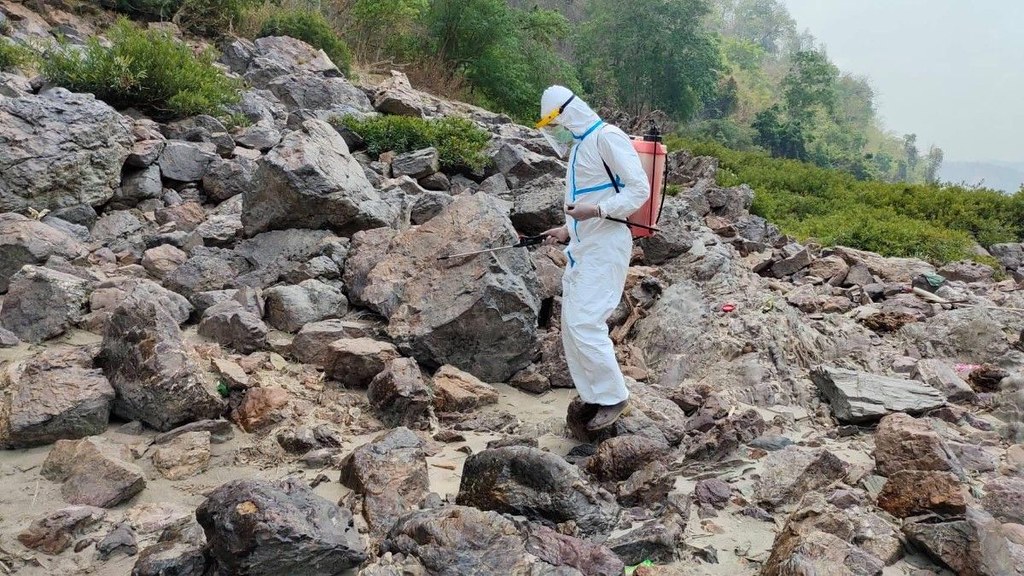Two pro-democracy youth leaders, Parit Chiwarak “Penguin” and Panusaya Sithijirawattanakul “Rung”, have been on hunger strike for some weeks. Penguin started his two weeks before Rung. They are protesting against the fact that they have repeatedly been denied bail while awaiting trial on lèse-majesté charges. Three other leaders have also been denied bail, while others who are out on bail still face serious charges.
The military junta’s attack on freedom of speech and the pro-democracy protest movement, has been stepped up because Prayut and his gang feel that the large protests, which erupted onto the streets last year, have ceased and the movement is now weaker.
Unlike the heroic protests in neighbouring Burma/Myanmar, Thai activists have not organised workers’ strikes and this is an important factor. [See https://bit.ly/3x4c9ca ].
While I do not believe that hunger strikes are useful strategies in the struggle against the heartless junta and their lackeys in the courts, I disagree with those in the movement who are putting pressure on Penguin and Rung to abandon their hunger strikes. Penguin and Rung are brave and intelligent activists and we should respect their personal decisions to refuse food; not make it harder for them.
There have been daily solidarity gatherings outside courts in Bangkok and Chiang Mai to demand the release of all detained activists and this is vital. But further, more powerful, actions by the organised trade unions need to take place. Unfortunately there is little sign of this right now.
While this is going on, U.S. academic, David Streckfuss, who has written about Thailand’s lèse-majesté law, faces expulsion from Thailand after living in the country for 35 years. The junta’s authorities pressurised Khon Kaen University to sack him. Without his job, his visa has been terminated. He is clearly being victimised for his stance on democracy and his association with activists.
The political situation is just getting worse and the COVID policies of the junta are a cruel farce.
There has been an increase in the number of people testing positive for COVID and this has coincided with the Songkarn water festival, when people travel back to the provinces or go on holiday. Many cases are associated with entertainment establishments. The numbers of infected people are low, as a proportion of the population, compared to Western Europe, the USA, Brazil or Mexico, and fortunately the number of deaths is also low. This is despite the fact that the junta is incapable of organising to protect the population, with the vaccination programme lagging far behind many countries. [See https://bit.ly/3bGCRvc for an analysis of COVID in Thailand last year.]
Yet, what is unbelievable is that the government insists on admitting everyone who tests positive into hospital, regardless of whether or not they have symptoms, and the vast majority do not. This has cause chaos in hospitals and delayed essential treatment for non-COVID patients.
The junta has long been using COVID as a political excuse to crack down on protesters, but in recent days the army have used COVID to whip up racism against Karen refugees who came across the border, fleeing bombardment by the Burmese military. They were pushed back by the Thai army. Then the army organised to spray the open ground near the river where these refugees had been sitting with disinfectant, claiming to stop the spread of COVID. There is absolutely no scientific evidence that this was necessary or would have any effect. Rather it was a disgusting attempt by the army to portray migrants and refugees as vectors of disease!
Giles Ji Ungpakorn

















